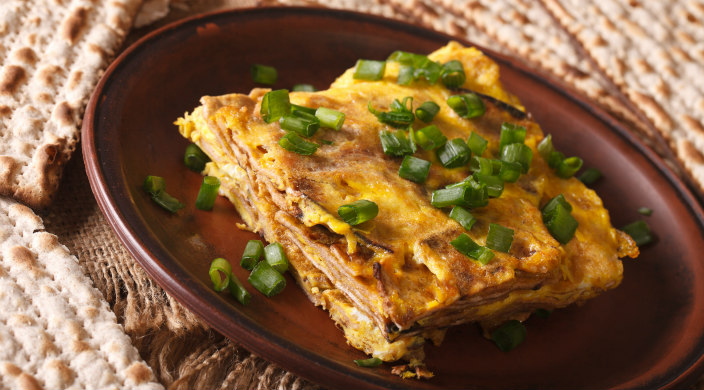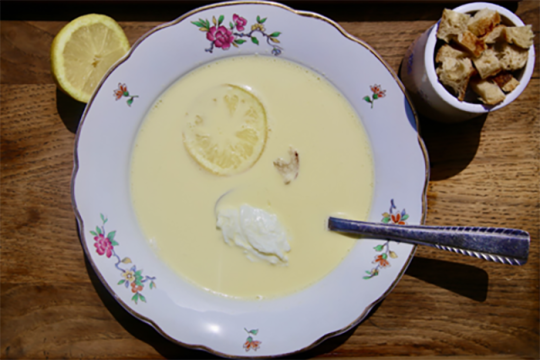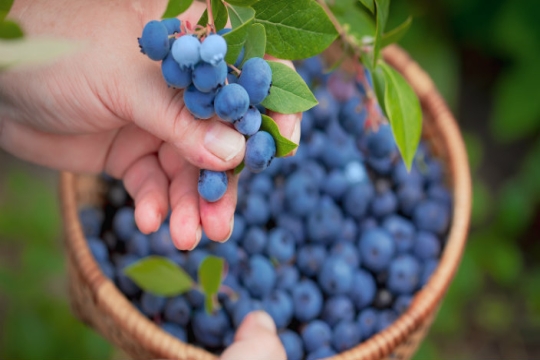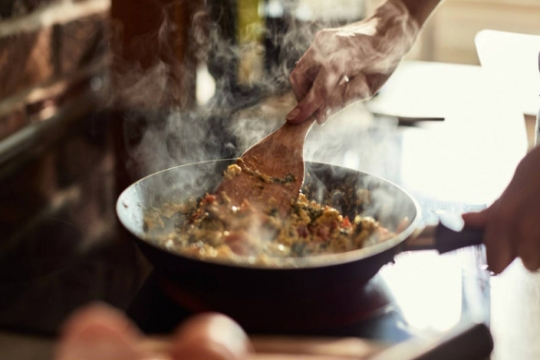
With Passover coming up this week, housecleaning, matzah-ball making, and other essential preparations are well underway in many Jewish households. Much of the work is intensely physical, requiring that we bend and sweep, scrub and vacuum to find and remove every bit of chametz (wheat, barley, rye, oats, or spelt) from our homes. The rabbis of the Talmud were, you’ll pardon the pun, smart cookies and understood well that the physical experience of preparing for the week-long holiday might (and, they hoped, would) trigger thoughts about the Jewish values inherent in observing Passover.
As part of our celebration, it is incumbent upon each of us, as Reform Jews, to determine which of the holiday’s rituals and practices are personally meaningful to us as individuals – and how we can best incorporate them into our lives. Not surprisingly, many of Passover’s practices focus on food. In fact, the seder’s ritual foods, which represent various facets of the Passover story, are a fitting way to launch a week during which our food choices may reflect our Jewish values and how we demonstrate those values in our lives.
As you seek to define – or perhaps refine or even redefine – the food choices you will make this Passover, you may wish to consider these questions, thoughts, and ideas.
- Think Ahead: Everyone makes choices about food during Passover. It can be helpful to consider ahead of time what your choices will be and the reasons you are choosing to eat or not eat certain foods during the week.
- The Spirit of the Law: Are you seeking to adhere to the spirit of the law, for example, by choosing to remove only bread from your diet during Passover?
- The Letter of the Law: Perhaps you’re seeking to adhere to the letter of the law, consuming neither chametz nor kitniyot (corn, rice, peas, lentils, and beans) or foods that are derived from them (corn syrup, for example) throughout Passover. Kitniyot customarily are eaten during Passover by Sephardim, but not Ashkenazim, although in recent years, it has become more common for Ashkenazim to eat kitniyot during Passover as well. Check out this article for more about chametz and kitniyot.
- The Spiritual Meaning of Passover: Why do we choose to refrain from eating chametz during Passover? For one thing, the matzah-eating experience reminds us that we were slaves in Egypt and fled so quickly that the bread being prepared for the journey had no time to rise. If your food choices throughout the week include kosher for Passover waffles, pasta, bagels and other “chametz,” how might eating such foods affect the spiritual aspects of your Passover experience? How can your food choices make Passover look or feel different than the rest of the year?
- Food Rituals for Ending Passover: As the end of the holiday approaches, think about what you might like to eat for your first post-Passover meal. Are there particular chametz or kityinot items that you’ve especially missed during the week? For many years, I’ve been ending Passover over dinner with a long-time friend. We generally land at an Italian (or Chinese) restaurant, but because he observes eight days and I observe seven, I wait the extra day for that first bite of pizza (or dumpling), which tastes like nothing else I eat all year long!
For more about Passover and food, take our quiz, “Is It Kosher for Passover?”
Related Posts

Five Warming Sephardi Dishes for Chilly Days

Five Jewishly-Inspired Recipes for National Blueberry Month

